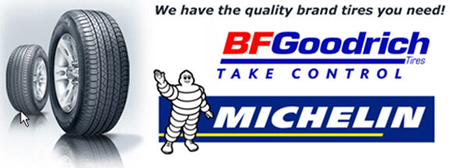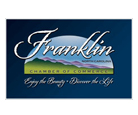Welcome to Wester's Front End and Brake! Your Automotive Specialist

Wester's Front End and Brake-Louisburg's Choice for Quality Car and Truck Repair
Receive honest and expert auto repairs, along with professional service, when you visit Wester's Front End and Brake. We're dedicated to delivering the finest automotive services at prices that won't break the bank. Give us a call at 919-496-3160 to book your appointment.
Same Day Service & Repair
We value your time, and that's why we've chosen a convenient location in Louisburg, NC to better serve you. Whether it's regular maintenance or even more extensive repairs, our goal is to complete most services promptly, often within a single day. Regardless of the task's complexity, our focus is on ensuring speedy auto repairs that will have you back on the road in no time.
Transparent Pricing: What's the Cost?
Since 1977, Wester's Front End and Brake has been dedicated to providing customers in the Louisburg area with transparent cost estimates. We believe in clear communication before any work begins. Let us know if you're interested in cost-effective strategies for auto repairs or exploring upgrades to better your car's performance. You can reach us today at 919-496-3160 to arrange an appointment.
Your Premier Auto Repair Destination in Louisburg
Our valued customers consistently commend the unparalleled expertise of our auto mechanics, making us the preferred choice! With certified technicians and experienced auto repair specialists, we provide top notch service for both domestic and imported vehicles, across an array of makes and models.
To book your appointment, call us at 919-496-3160 or email us!
See What We Do
Engine Services, 4x4 Services, AC Repair, Alignment, Asian Vehicle Repair, BFGoodrich Tires, Brakes, Car & Truck Care, Domestic Cars & Trucks, and Engine Maintenance
Automotive News
What Do Different Oil Colors Mean For Your Vehicle?
What Your Motor Oil Color Says About Your Engine Health Motor oil is essential to your engine's performance-it...
Continue ReadingWhat Happens During An Oil Change?
Ever wonder what exactly happens when you bring your car in for an oil change? Well, it's not just about...
Continue Reading








